
by Gideon Marcus
Blackout
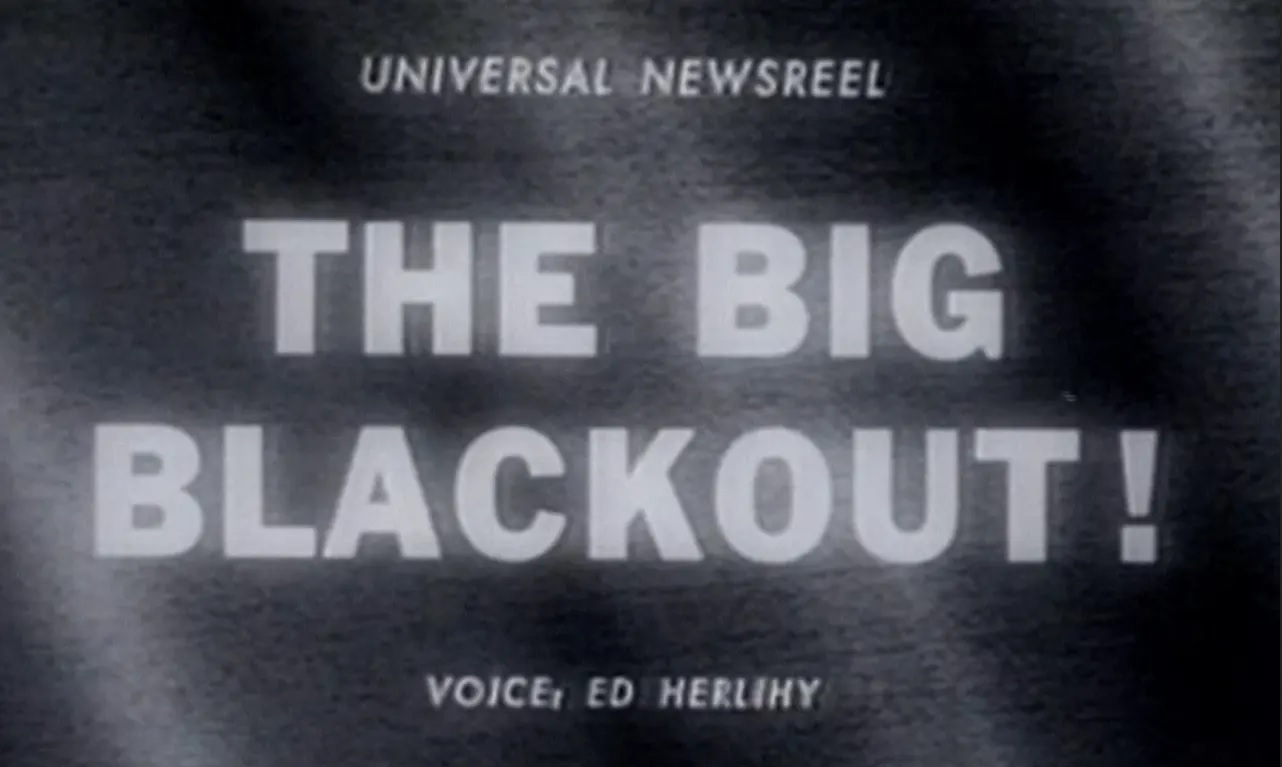
This morning, Janice noted sparks coming from the socket by her typewriter desk. With great swiftness, she unplugged the lamp and radio. There was a respite, but only briefly, and soon the wall was spurting flame again.
I heard her calm bellow, "Gideon, hit the circuit breaker. Now." You never saw someone descend a flight of stairs so fast (at least in control of their feet). She called an electrician – fortunately the phone company have a separate power supply – and we went out for breakfast until the fellow could arrive.
That afternoon, we got a stern lecture on overloading our poor house's circuits. We thanked and paid the fellow and were back to work by 1 pm.
Whereupon the entire neighborhood's power went out.
And that, dear readers, is why this article was typed by the light of the window rather than artificial incandescence!
Flicker, flicker
It was fitting that we should be failed by the men and women of our investor-owned, business-managed electric light and power company just as I turned to write about this month's Analog. It's not that the stories were horrible, but I've definitely seen better in these pages.
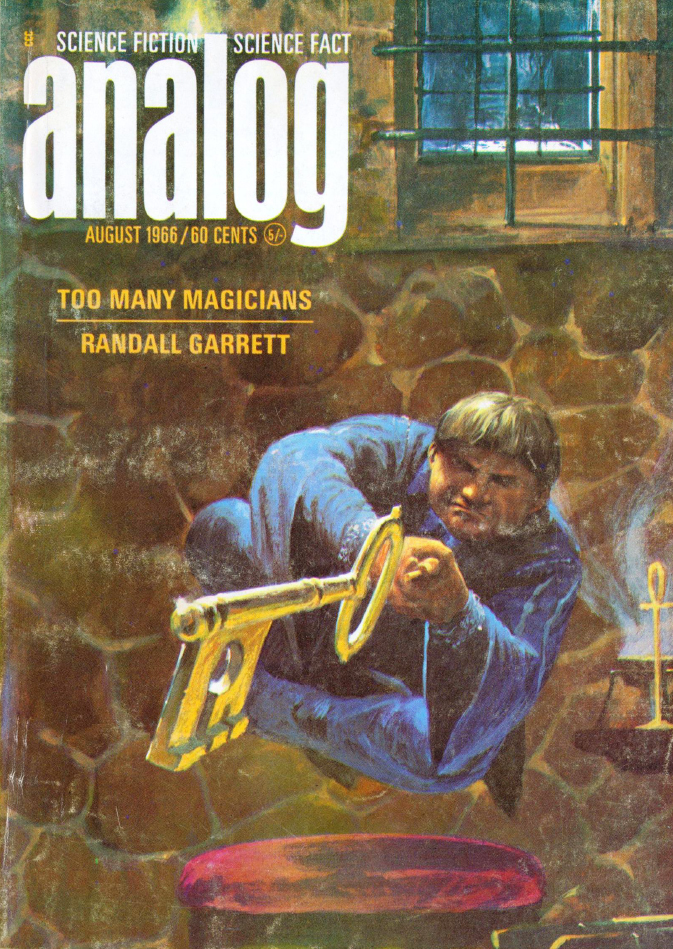
by John Schoenherr
Too Many Magicians (Part 1 of 4), by Randall Garrett
To date, the Lord d'Arcy stories, set in an alternate 1960s with Victorian technology but replete with magic, have all been novellas or shorter. This latest piece is the first full length novel.
A naval courier has been killed, perhaps while bearing crucial intelligence. The Anglo-French Empire's most renowned magical detective is contracted to get to the bottom of the case. Meanwhile, Sean O'Lochlainn, d'Arcy's sorcerer assistant, is thrown in the Tower after witnessing a second death at a wizards' conference; this locked-room murder has a similar murder weapon to the first.
And so, the setup for a magical who/howdunnit. As with the rest of the series, Garrett's tale compels (though none engage so thoroughly as the excellent first d'Arcy adventure.) If I have a complaint, it's that Garrett is starting to rely a bit too much on pastiche: d'Arcy gets more like Holmes with every installment. Indeed, his cousin, the Marquis, is Mycroft in all but name. I half-expect our hero will take up the violin and acquire a cocaine habit.
Four stars so far, but we'll see.
Spirits of '76, by Joe Poyer
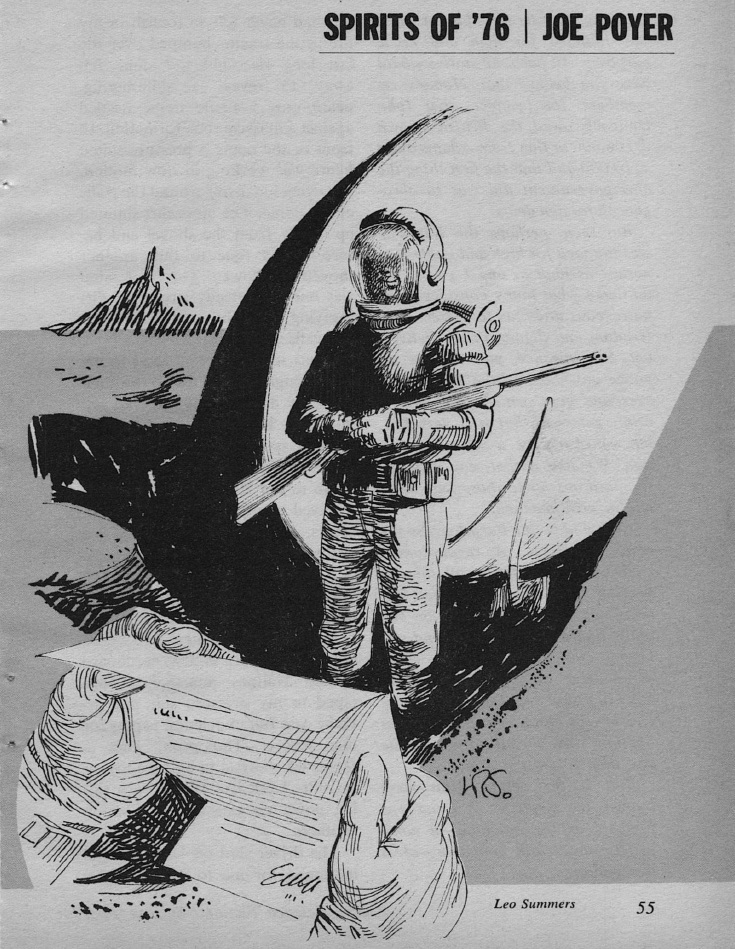
by Leo Summers
A representative from the UN pays a visit to a lunar squatter, who has illegally laid claim to a piece of the Moon's surface and established a distillery. After a great many homebrewed drinks, the agent decides that free enterprise and private ownership are actually just fine.
I suspect maintaining an independent habitation on our airless neighbor will be a lot harder than this story would have us believe. Still, the libertarian spirit of the piece surely tickled Campbell's capitalist heart.
It'll go in one eye and out the other, but it's harmless, at least. Three stars?
One MOL Step Forward , by Lyle R. Hamilton

Hamilton opens up this non-fiction article with a promise to explain how the X-20 "Dynasoar" spaceplane was killed by paperwork. Instead, he offers up a meandering piece, told largely in contractor interviews and press releases, which culminates in a description of the Manned Orbiting Laboratory. This budget space station, serviced by an Air Force Gemini, is the current DoD space project of size.
I suppose there's useful information in the piece, but not much point. I've gotten much better insight from my subscription to Aviation Week and Space Technology.
Two stars.
Psychoceramic, by John W. Campbell, Jr.
The fearless editor follows Hamilton with a shorter piece on a ceramic that can apparently extract pure oxygen and produce power at the same time. Typical Campbellian kookery, or is he onto something? I guess only time will tell.
Two stars for the unnecessary smugness and having cried wolf too many times.
By the Book, by Frank Herbert

by Kelly Freas
An aged troubleshooter is summoned from retirement to fix a big beam. It's some kind of launching laser that propels seed packets (vegetable and human) toward colony worlds. Problem is, it keeps killing technicians trying to service it.
I had many problems with this story, the biggest of which was the devotion of so many words to setting up a technical problem whose resolution I had no interest in. A real snoozefest of gizmo-speak.
One star.
Technicality, by Norman Spinrad
The MPs have arrived, fearsome conquering aliens whose greatest strength is their ability to vanquish whole armies without firing a shot. But does their nonviolent rapaciousness hide an Achilles Heel?
While the gimmick falls a little flat, Spinrad tells this no-blood-or-guts tale with fine detail and not a little subtle satire.
Three stars.
Light of Other Days, by Bob Shaw

by Kelly Freas
A quarreling married couple touring the Scottish Highlands come across a purveyor of "slow glass." This remarkable substance passes light so slowly that, after ten years of absorption, will replay the scene that played across it for the next decade. Thus, a city dweller might install one of these wonder panes and enjoy ten years of a view of the rugged north of Scotland rather than local squalor.
The technical bits felt a little overdone, but Shaw tells the story with a light, domestic touch that reminds me of Cliff Simak.
Three stars, and eagerness to see him tackle a longer subject.
Something to Say, by John Berryman
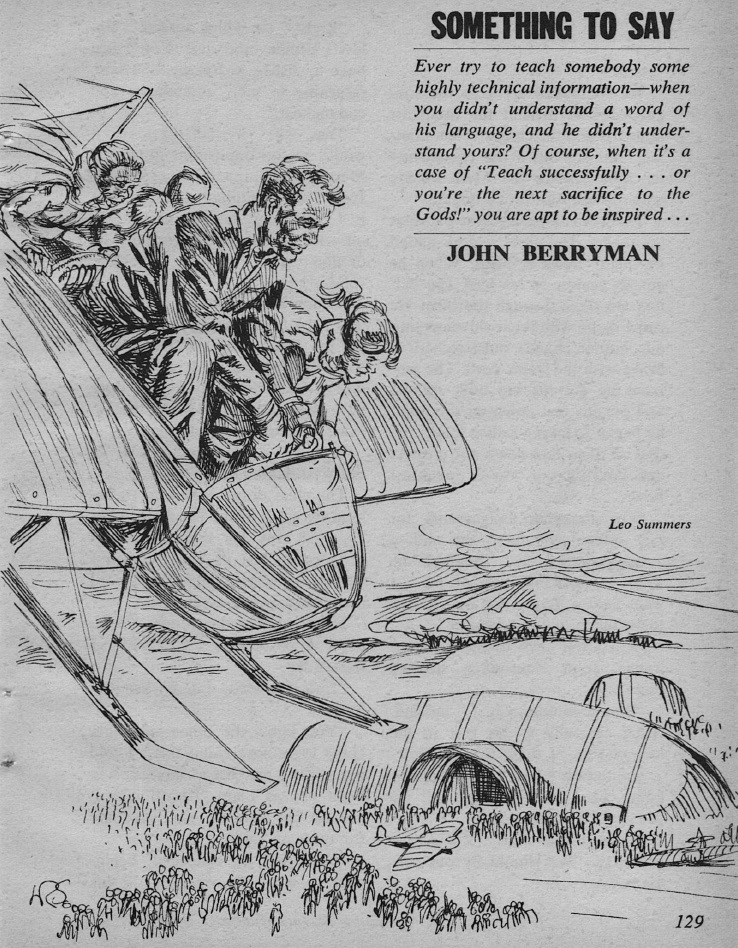
by Leo Summers
Last up, the fellow who gave us the Walter Bupp psychic stories gives us, instead, one of his more nuts-and-bolts tales. The Earth Federation (apparently an evolution of the UN) has reason to believe that Soviet-aligned agents have infiltrated a primitive world to poison the natives against the West. Said planet has a breathable atmosphere some six times as dense as Earth's. This affords a far more airborne ecology, and even the indigenes have Bronze Age flying machines.
A troubleshooter is dispatched to thwart the Soviet plot, but is overpowered by a Communist. The two crash land and are taken prisoner. The Sovworld agent seems to have the leg up, as she is fluent in the indigenous tongue, but our plucky hero has an ace up his sleeve: an encylopedic knowledge of gliders.
There is a good story lurking in here, with a great setting and a decent setup. It is hampered by its truly insufferable and two-dimensional characters. As well, Berryman seems to have forgotten much that he's learned about pacing.
An uneven three stars.
After the lights go out…

2.7 stars is not a great score, though it's actually the median for this year's crop of Analogs. And also for the month. Coming in below it are IF (2.6), Galaxy (2.5), Worlds of Tomorrow (2.2), and Amazing (1.9). Note that three of those four are Fred Pohl's triplets.
Ahead of Analog are Fantasy and Science Fiction (3.1), New Worlds (3.2), and Impulse (3.4)
There was exactly one woman-penned new story this month, and four/five-star stories would have barely filled two slim magazines (and one of them is a reprint of Make Room, Make Room!).
Ah well. At least there's only one more month of summer, after which, ironically, things should get brighter!
Have you gotten your copy of Rosel George Brown's new hit novel, Sibyl Sue Blue? If not, get down to your local newsstand and pick it up!

![[July 31, 1966] Dimmed lights (August 1966 <i>Analog</i>)](https://galacticjourney.org/wp-content/uploads/2021/07/660731cover-672x372.jpg)
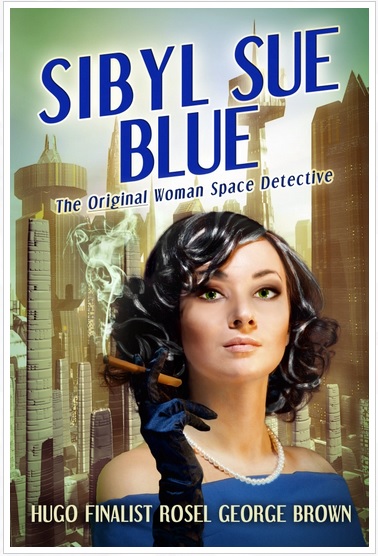

![[December 13, 1964] Save us from Yourselves (January 1965 <i>Amazing</i>)](https://galacticjourney.org/wp-content/uploads/2019/12/641213cover-480x372.jpg)









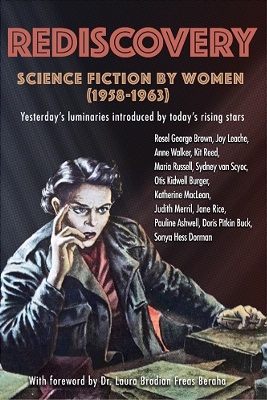
![[November 29, 1964] All-star (December 1964 <i>Analog</i>)](https://galacticjourney.org/wp-content/uploads/2019/11/641129cover-672x372.jpg)











![[November 15, 1964] Veteran's Triumph (December 1964 <i>Galaxy</i>)](https://galacticjourney.org/wp-content/uploads/2019/11/641115cover-432x372.jpg)








![[October 12, 1964] Slow Cruising (November 1964 <i>Amazing</i>)](https://galacticjourney.org/wp-content/uploads/2019/10/641010cover-672x372.jpg)








![[April 20, 1964] Play Ball! (June 1964 <i>Worlds of Tomorrow</i>)](https://galacticjourney.org/wp-content/uploads/2019/04/640420cover-672x372.jpg)








![[March 3, 1964] Out and about (March 1964 <i>Analog</i>)](https://galacticjourney.org/wp-content/uploads/2019/03/640303cover-460x372.jpg)

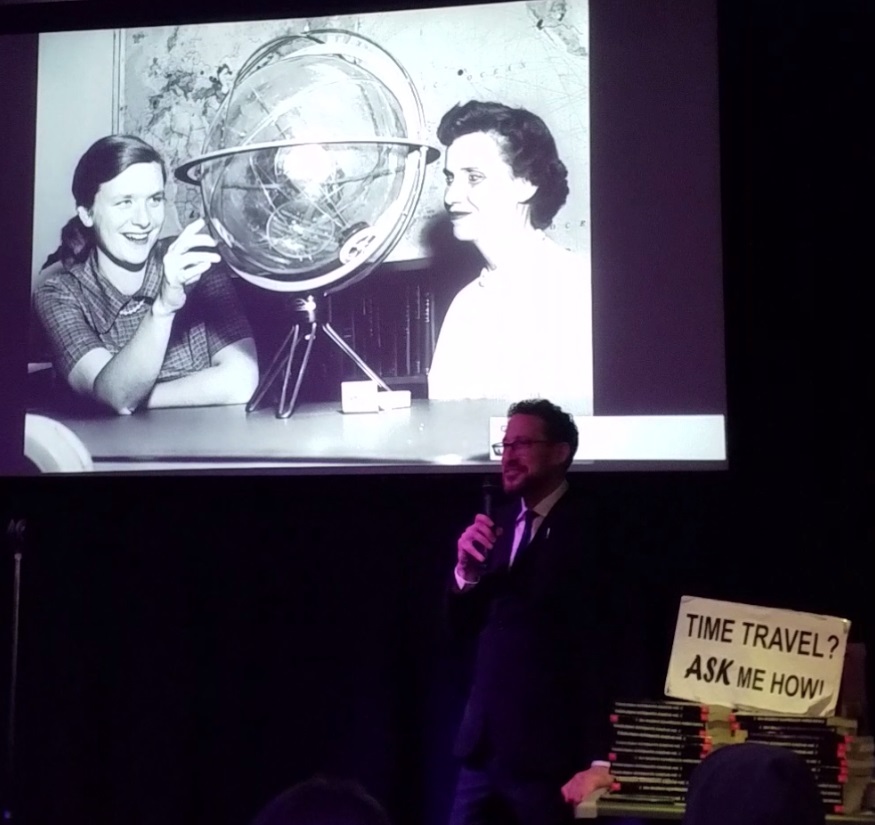
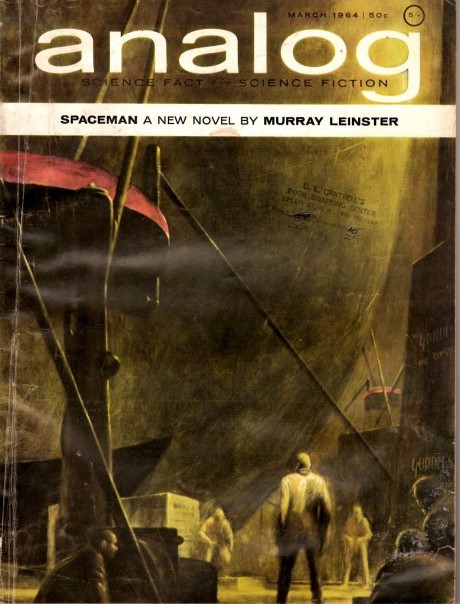
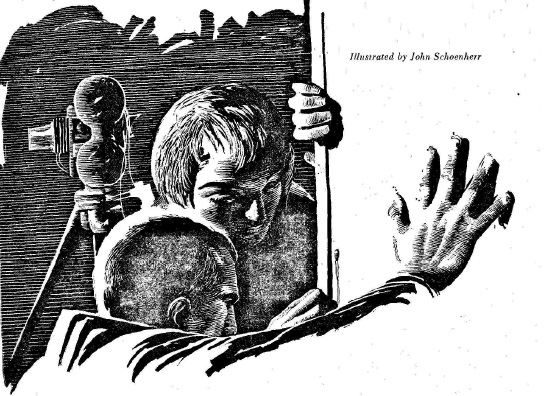
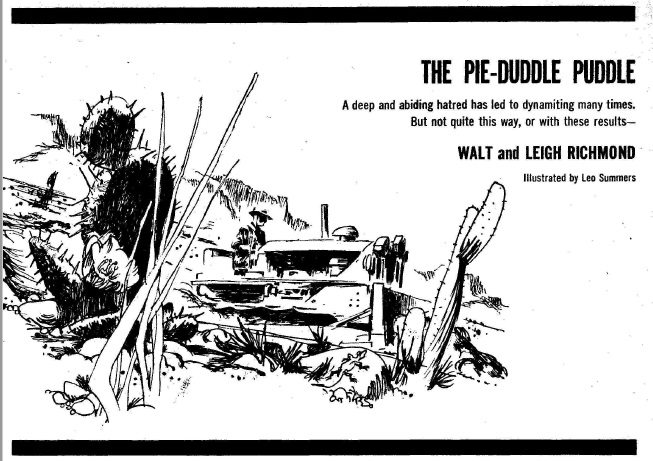
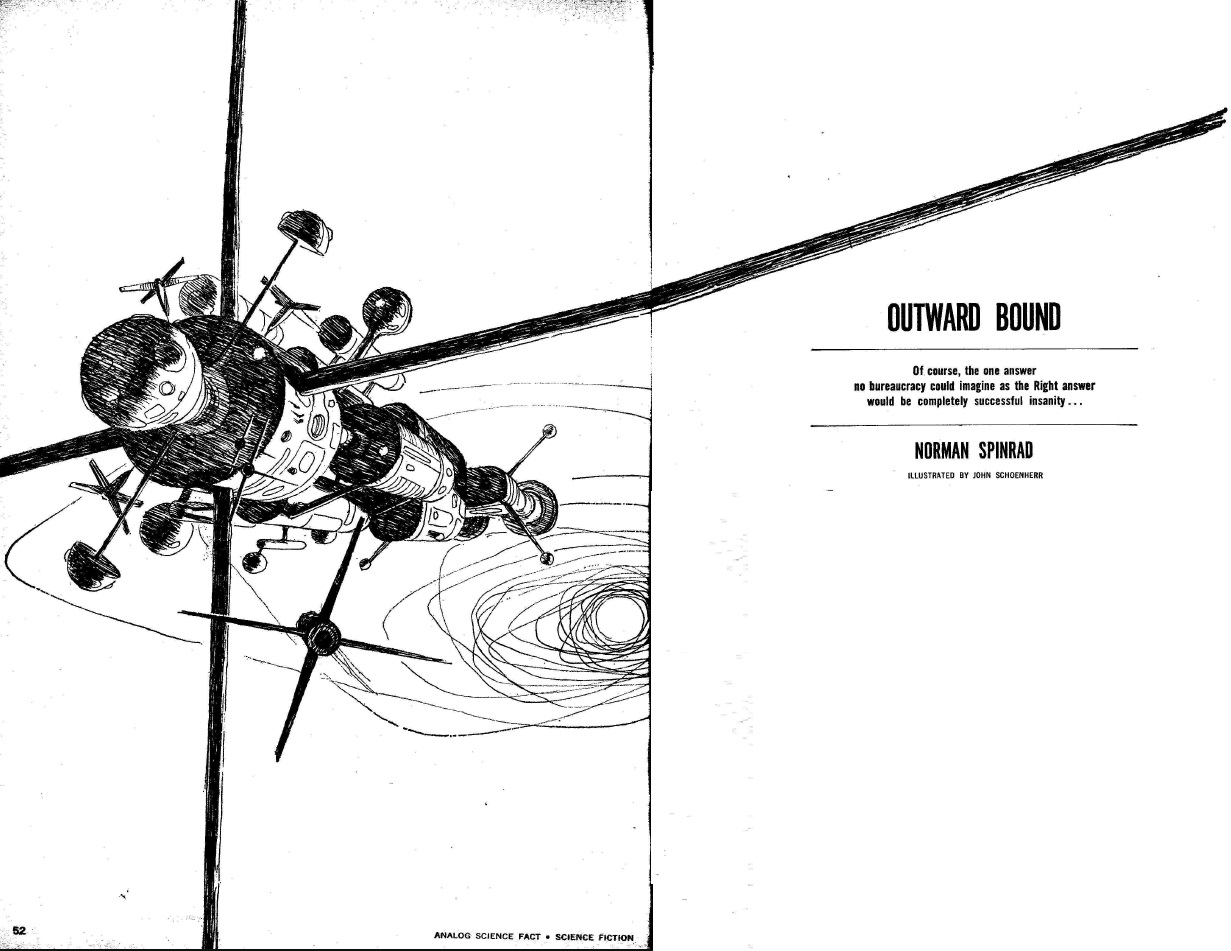
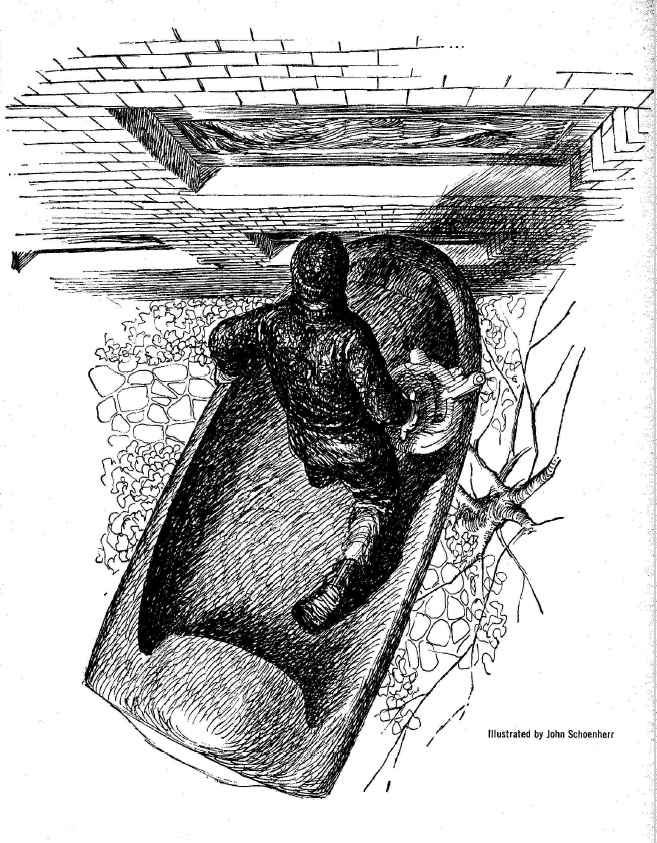

![[January 2, 1964] All's well that ends well (January 1964 <i>Analog</i> science fiction)](https://galacticjourney.org/wp-content/uploads/2019/01/640102cover-653x372.jpg)




















